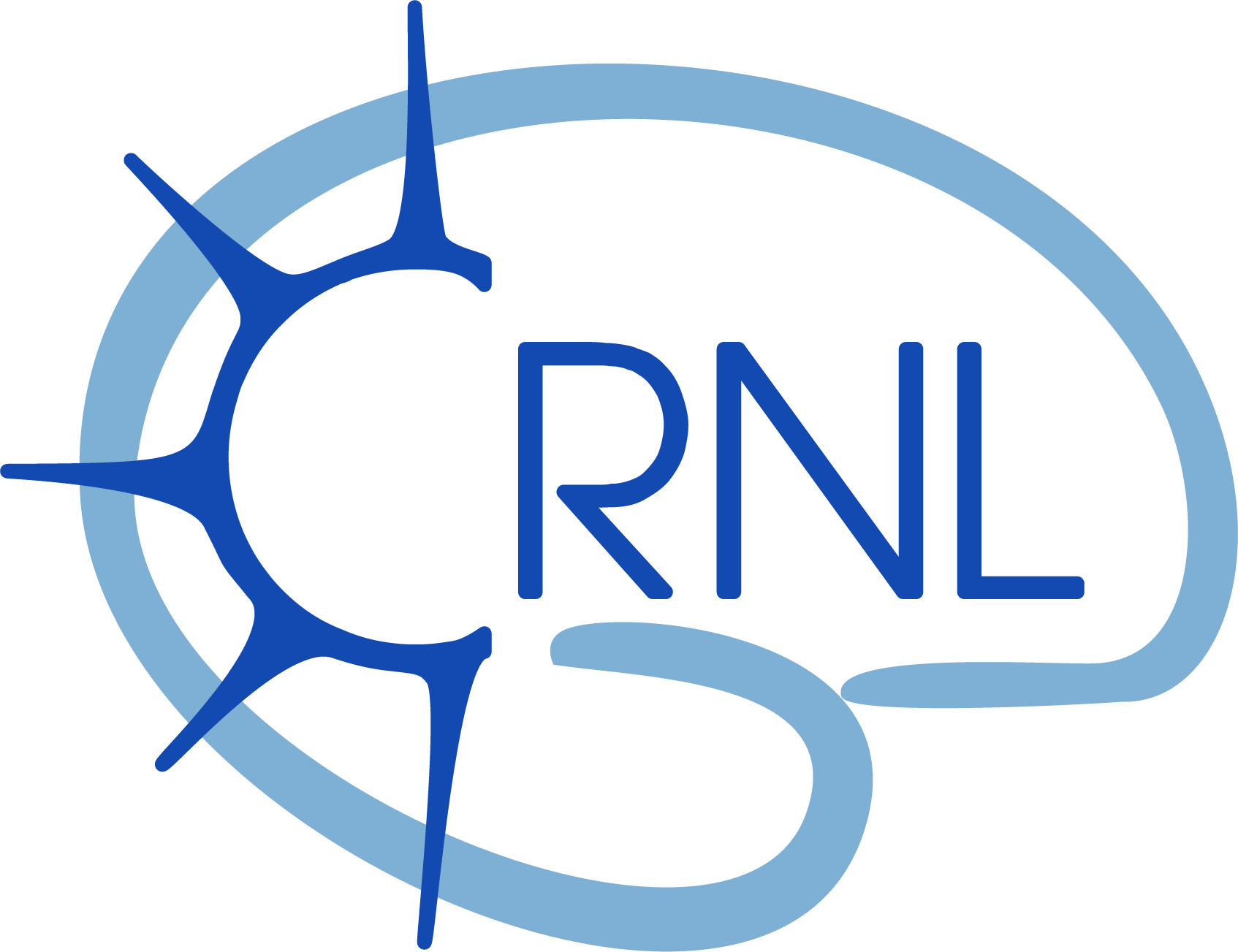Spotlight on Sleep Stage Classification Based on EEG
Résumé
The recommendations for identifying sleep stages based on the interpretation of electrophysiological signals (electroencephalography [EEG], electro-oculography [EOG], and electromyography [EMG]), derived from the Rechtschaffen and Kales manual, were published in 2007 at the initiative of the American Academy of Sleep Medicine, and regularly updated over years. They offer an important tool to assess objective markers in different types of sleep/wake subjective complaints. With the aims and advantages of simplicity, reproducibility and standardization of practices in research and, most of all, in sleep medicine, they have overall changed little in the way they describe sleep. However, our knowledge on sleep/wake physiology and sleep disorders has evolved since then. High-density electroencephalography and intracranial electroencephalography studies have highlighted local regulation of sleep mechanisms, with spatio-temporal heterogeneity in vigilance states. Progress in the understanding of sleep disorders has allowed the identification of electrophysiological biomarkers better correlated with clinical symptoms and outcomes than standard sleep parameters. Finally, the huge development of sleep medicine, with a demand for explorations far exceeding the supply, has led to the development of alternative studies, which can be carried out at home, based on a smaller number of electrophysiological signals and on their automatic analysis. In this perspective article, we aim to examine how our description of sleep has been constructed, has evolved, and may still be reshaped in the light of advances in knowledge of sleep physiology and the development of technical recording and analysis tools. After presenting the strengths and limitations of the classification of sleep stages, we propose to challenge the "EEG-EOG-EMG" paradigm by discussing the physiological signals required for sleep stages identification, provide an overview of new tools and automatic analysis methods and propose avenues for the development of new approaches to describe and understand sleep/wake states.
Domaines
Neurosciences [q-bio.NC]| Origine | Fichiers éditeurs autorisés sur une archive ouverte |
|---|---|
| licence |



